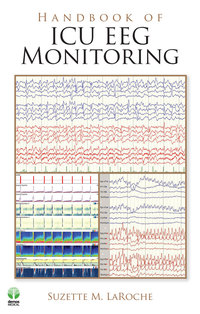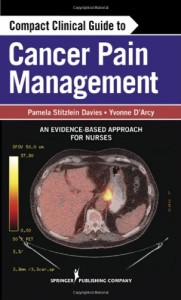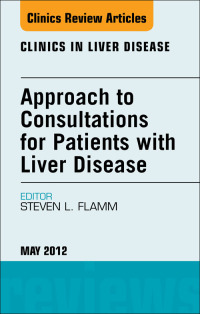The book addresses controversies related to the origins of cancer and provides solutions to cancer management and prevention. It expands upon Otto Warburg’s well-known theory that all cancer is a disease of energy metabolism. However, Warburg did not link his theory to the “hallmarks of cancer” and thus his theory was discredited. This book aims to provide evidence, through case studies, that cancer is primarily a metabolic disease requring metabolic solutions for its management and prevention. Support for this position is derived from critical assessment of current cancer theories. Brain cancer case studies are presented as a proof of principle for metabolic solutions to disease management, but similarities are drawn to other types of cancer, including breast and colon, due to the same cellular mutations that they demonstrate.
Editorial Reviews
Review
“This book offers a refreshing perspective for anyone wanting to get a comprehensive background on the newer emerging interest in targeting cancer metabolism for therapy.” (Doody’s, 11 January 2013)
“For the first time, an entire issue is being devoted to a review article based on a recent medical book. This is a departure from our usual format, but I think you will agree that this topic warrants the detailed treatment we have given it . . .This book should be required reading for all scientifically literate people who are involved in the cancer problem.” (Advances in Cancer Treatment, 1 October 2012)
A groundbreaking new approach to understanding, preventing, and treating cancer
Supported by evidence from more than 1,000 scientific and clinical studies, this groundbreaking book demonstrates that cancer is a metabolic disease and, more importantly, that it can be more effectively managed and prevented when it is recognized as such. Moreover, the book provides detailed evidence that the traditional view of cancer as a genetic disease has been largely responsible for the failure to develop effective therapies and preventive strategies.
Cancer as a Metabolic Disease reevaluates the origins of cancer based on the latest research findings as well as several decades of studies exploring the defects in tumor cell energy metabolism. Author Thomas Seyfried is a biochemical geneticist who has been investigating the lipid biochemistry of cancer for thirty years. In this book, he carefully establishes why approaching cancer as a metabolic disease leads to better understanding and management of all aspects of the disease, including inflammation, vascularization, cell death, drug resistance, and genomic instability. In addition, the book explores:
- Origin of metastasis
- New treatment strategies that target tumor cell energy metabolism, including the ketogenic diet
- More effective prevention strategies in light of the metabolic origin of cancer
- Case studies and perspectives from the point of view of physicians, patients, and caregivers
Throughout the book, tables, figures, and graphs summarize key information and clarify complex concepts. In addition, the renowned cancer biochemist Peter Pedersen from Johns Hopkins Medical School also provides a historical perspective on the importance of the information presented in his foreward to the book.
Cancer as a Metabolic Disease is essential reading for all cancer researchers and clinicians as well as public health professionals. By treating cancer as a metabolic disease, the book sets readers on a new, more promising path to understanding the origins of cancer and developing new, more effective strategies to treat and prevent it.
THOMAS N. SEYFRIED, PhD, has taught and conducted research in the fields of neurogenetics, neurochemistry, and cancer for more than twenty-five years at Yale University and Boston College. He has published more than 150 scientific articles and book chapters and is on the editorial boards of Nutrition & Metabolism, Journal of Lipid Research, Neurochemical Research, and ASN Neuro.
Product Details
- Hardcover: 438 pages
- Publisher: Wiley; 1 edition (June 26, 2012)
- Language: English
- ISBN-10: 0470584920
- ISBN-13: 978-0470584927
- ISBN-13: 9780470584927
- eText ISBN: 9781118310298










Reviews
There are no reviews yet.